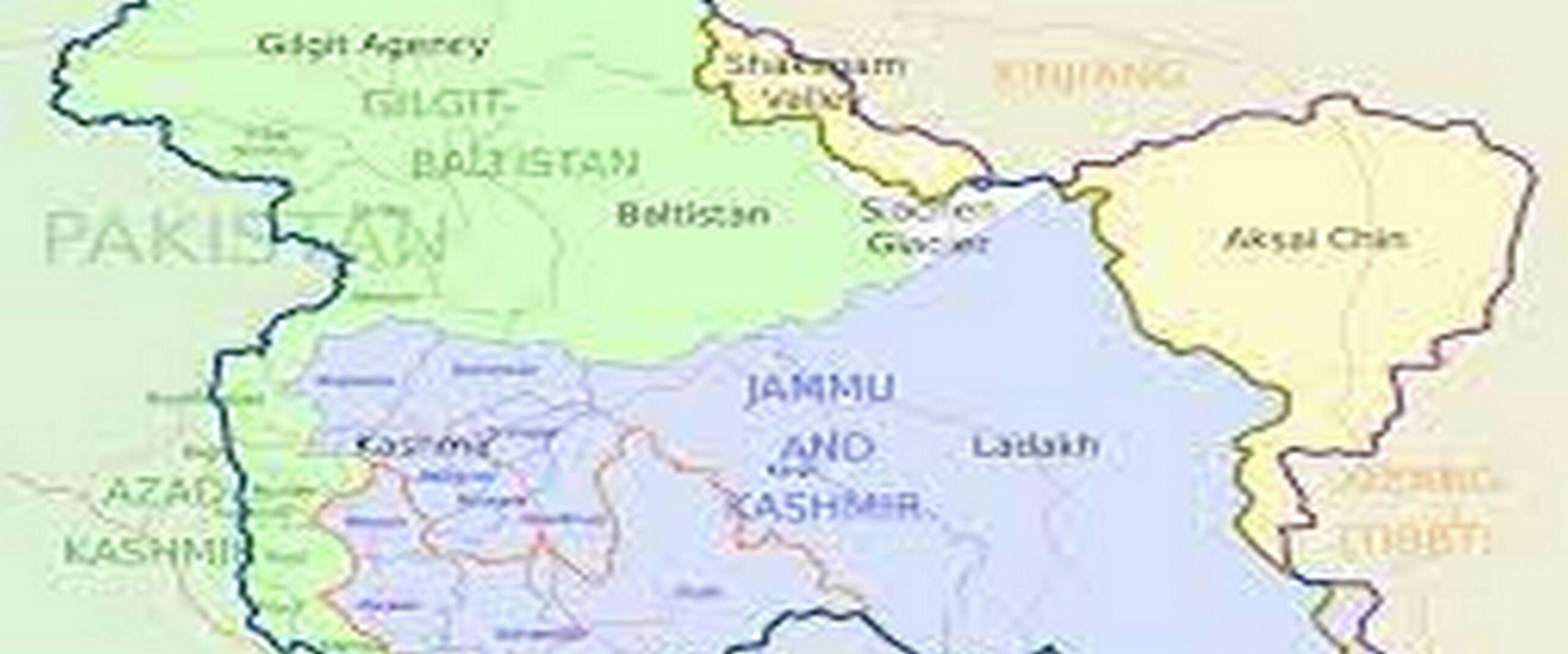Analysis
Judgment: 4G restoration in J&K
Court holds that the suspension of internet services cannot be indefinite and must be proportionate.

On January 10th, a Bench comprising N.V. Ramana, Subhash Reddy and B.R. Gavai JJ, in Anuradha Bhasin v Union of India and Ors., had held that the suspension/restriction of internet services should not be done in a disproportionate way. Thus, the Court held that the degree and scope of restrictions had to be proportionate to the situation that the Government was trying to address by way of these restrictions. In order to ensure that the Government does not impose such restrictions indefinitely, the Court had directed a Review Committee to undertake periodic reviews of such suspension orders.
This order had come in the context of internet restrictions imposed in Jammu & Kashmir (J&K) in the aftermath of the abrogation of its special status.
Further to the order, although some restrictions were eased, 4G mobile internet services remained suspended in J&K. A batch of petitions was then filed in the Supreme Court seeking restoration of 4G mobile internet, especially in light of the COVID-19 pandemic.
On 11 May, the same 3-judge Bench which delivered the judgment in Anuradha Bhasin, disposed of these petitions. Although the Court did not direct restoration, it directed the setting up of a Special Committee to look into the grievances of the Petitioners.
This Special Committee will consist of the Union Home Secretary, Union Communications Secretary, and the Jammu and Kashmir Chief Secretary. The Committee will examine the submissions of the Petitioners in relation to the restoration. They will also look into the suggestion of the Petitioners to limit the restrictions to certain areas of the Union Territory and resume normal connectivity in other geographical areas. Upon an examination of these, the Special Committee will then advise the Union of India.
A more detailed breakdown of the arguments raised by the parties and Court’s response to them are given below.
Arguments of parties
The Petitioners argued that the restricted mobile internet speed was hampering their rights to health, education, business and free speech. They argued that the rights violation was particularly egregious in light of the COVID-19 imposed lockdown. Among other things, they were unable to access medical information and online educational content, due to the reduced speed.
Other than these practical hindrances, the Petitioners submitted that the Respondents had not followed the guidelines laid down by the Court in Anuradha Bhasin and the Telecom Suspension Rules. Specifically, no Review Committee to look into the legality of the suspension was constituted. Moreover, the blanket order suspending internet indicated a non-application of mind. Finally, the Union had failed to explain the relation between the restriction of internet speed and national security.
The Respondent sought to justify the restrictions primarily on the ground of national security. The Solicitor General (SG), representing the Union, argued that fundamental rights had to be balanced against national security. In the present context, as insurgency and violence were being perpetuated through fake news, it was not possible to provide full internet services to the region, argued the SG.
The Union also listed the various measures it had taken to enable medical and educational services in the context of COVID-19. It also highlighted the various instances of insurgency and terrorism which had taken place in Jammu and Kashmir in the recent past.
Judgment
Need to balance FRs with national security
The Court’s analysis started off by noting that fundamental rights need to be balanced with national security, when the situation so demands. In the context of J&K, the Court noted that this balancing was even more delicate.
The Court then went on to trace the relaxations granted by the Union in the aftermath of the decision in Anuradha Bhasin. Thereafter, it noted that since August 5 (when the special status of J&K was revoked), around 108 terrorist related incidents had taken place in J&K. The Court noted that this was a fact not rebutted by the Petitioners.
It was observed that cyber terrorism too was on the rise in J&K. In this regard, the Court took into account “Green Book 2020” of Pakistan Military, which outlines its intention to intensify information warfare in Kashmir.
Thus, the Court held that incidents resulting in the death of innocent civilians and security personnel could not be ignored.
As to the restrictions on internet speed, the Bench observed that this was done in order to “restrict the flow of information” and “prevent the misuse of data by terrorists and their supporters” to disturb the peace in J&K.
Temporal and territorial extent of restrictions
The Court then went on to examine if the restrictions were commensurate – territorially and temporally – to what was demanded by the situation in J&K. At the outset, it noted that the executive orders do not provide any reasons why the restrictions were applied throughout J&K. Nevertheless, it was quick to add that the scourge of militancy had engulfed J&K.
On the issue of whether the restrictions could have been area-specific, the Court held that this should be indeed the case. Nevertheless, it observed that the “compelling circumstances of cross border terrorism in the Union Territory of Jammu and Kashmir, at present, cannot be ignored.”
On Petitioners’ argument on non-application of mind, the Court observed that the authorities have been gradually easing restrictions.
Thereafter, the Court observed that, in Anuradha Bhasin, it had called for the setting up of a Review Committee to examine all orders passed under Rule 2(2) of the Telecom Suspension Rules. This was meant to provide adequate procedural and substantive safeguards against the exercise of powers under the rules.
Given that the Review Committee only consists of State-level officers, the Court ordered the setting up of a Special Committee, as outlined in the beginning of the post.
With this direction, the Court disposed of all the petitions as well as the applications filed in them.
Resources
